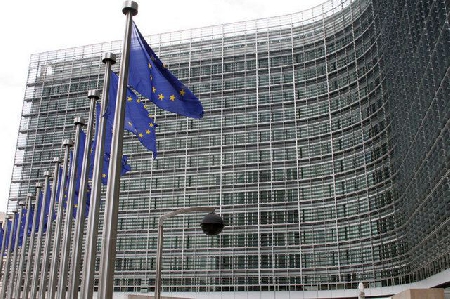The Co-operation and Verification Mechanism report on Romania
Romania has made progress in the field of justice, but further progress is still needed.

Ştefan Stoica, 31.01.2013, 13:31
The political and institutional crisis Romania was confronted with last summer, when a referendum was held to impeach the country’s president, weighed heavily in the latest European Commission report under the Co-operation and Verification Mechanism for the judiciary. At the time of the referendum, the Commission made a series of recommendations to the Ponta cabinet related to the reinstatement of the rule of law and the respect for the independence of the judiciary.
According to the latest report made public on Wednesday, Romania has implemented some but not all of these recommendations. While the decisions of the Constitutional Court have been respected, the European Commission believes there is still insufficient progress when it comes to protecting judicial officials from attacks, many of which come from the media. Also, the report again praises the performance of the National Integrity Agency and the National Anticorruption Directorate and notes that the number of indictments in top-level corruption cases has doubled.
The European Commission also urges Romania to appoint the General Prosecutor and the head of the National Anticorruption Directorate as soon as possible through an open and transparent process, choosing candidates with irreproachable track records in terms of integrity and expertise. The European Commission also highlights that progress has been limited with regard to fighting corruption related to public procurements. It urges ministers with integrity rulings against them and MPs with final decisions on incompatibility and conflict of interest to step down, and calls on Parliament to lift the immunity of its members who are subject to criminal investigations.
Despite its criticism, the latest European Commission report is better than the previous one made public in July, according to the European Commission spokesman Mark Gray. He denied any formal connection between this report on the judiciary and Romania’s bid to join the free-movement Schengen area. However, there are still states that say they won’t vote in favour of Romania’s Schengen entry unless the country makes progress in the reform of the judiciary and the fight against corruption.
The Liberal Democrats in opposition have used this argument to blame the Social Liberal government of a new possible delay in Romania’s accession to the Schengen area as a result of the government’s unconvincing actions to consolidate the rule of law. On the other hand, the government rejects as ungrounded the implicit criticism contained in the European Commission report according to which some of the cabinet members are investigated for corruption or have integrity problems, and says the investigations targeting three cabinet members are of a different nature.
Up to a certain point, interpreting the European Commission report in political terms and using it as an opportunity to exchange criticism between the power and the opposition, is only natural. Beyond this point, however, the dispute becomes demagogical and especially unproductive.






























